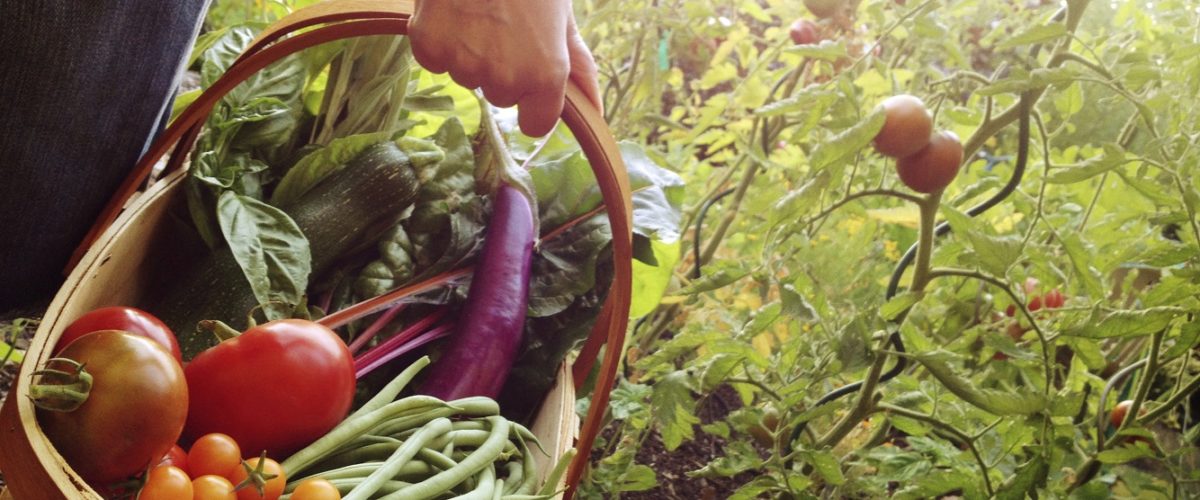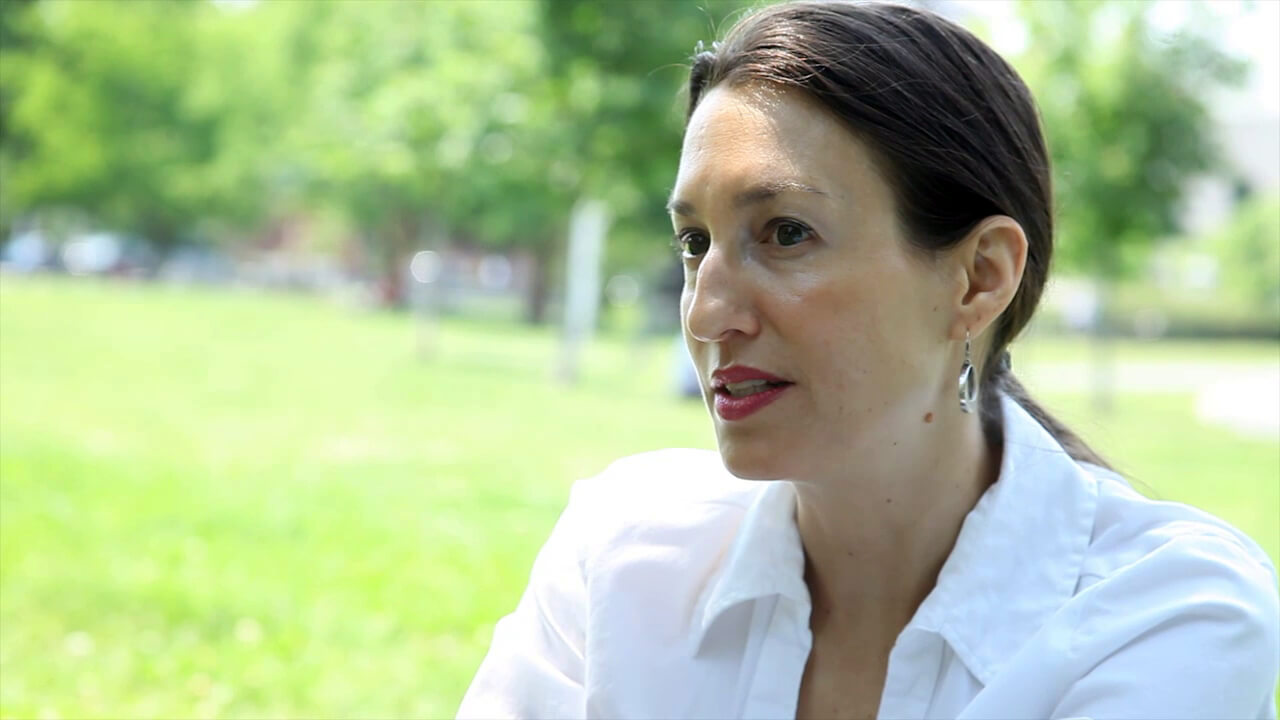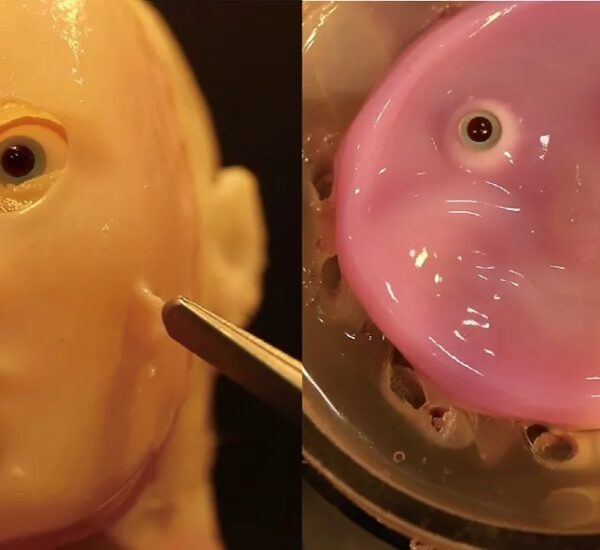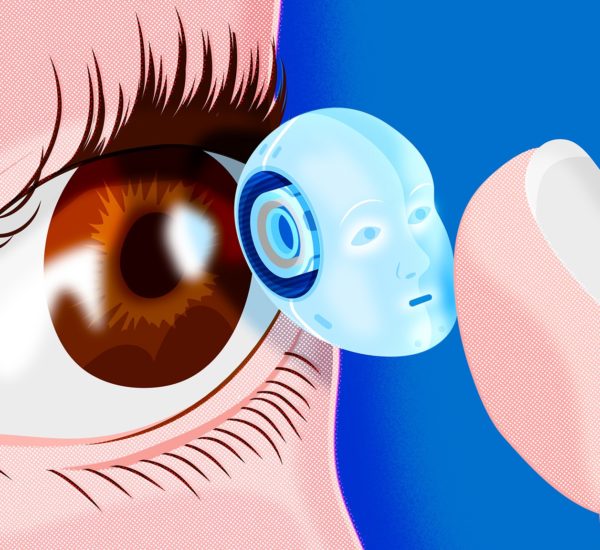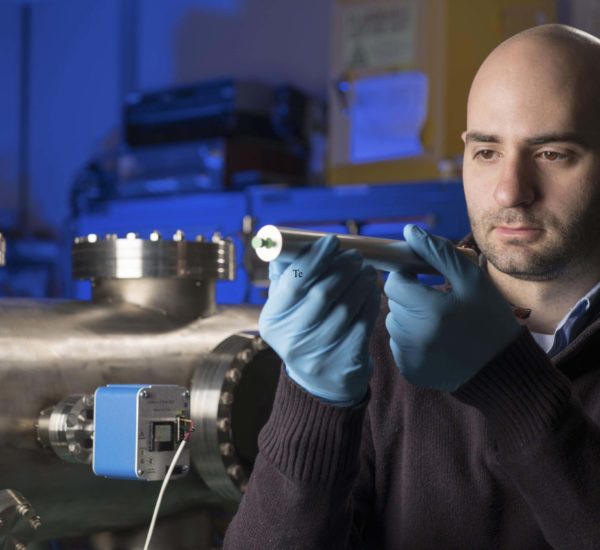To imagine a future, we must question a past, and to question a past, we must understand the present. Observe the world around you, the exponential emergence of technology, and the conversations that have sparked today’s trends. Dare to question its fundamentals, and now shift your focus to healthcare and nutrition, for we are in crisis and both form the foundation for all that is to come.
Food, the most basic need in Maslow’s hierarchy of needs has been manipulated to go far beyond its nutritional purpose, and instead evokes a profitable economy. The long standing age of consumerism has created a strong corporate backing of products that allow for temporal pleasure, or illusive fads, and minimal nutritional density.
We are players within a psychological and culturally driven game allowing for an invisible ideology that conditions us to eat certain animals, such ideology is named Carnism by Harvard educated psychologist, Dr. Melanie Joy. Weekly, 1.2 billion globally farmed animals are slaughtered – that equates to more animals dying than the number of people who have been killed in all wars throughout the history of planet Earth.
Melanie Joy, Ph.D. (Image courtesy of Live and Let Live)
Over 98% of such animals are raised in factory farms, genetically modified, and infused with hormones and antibiotics to “adequately” feed a projected population of 9 billion people by 2050. We are now the subjects of a self-created nutritional experiment. Dare to question the fundamentals of this system. Dare to ask what relation it has to increasing obesity rates, chronic diseases, world hunger, nutritional confusion, and the “go green” movement. Most importantly, dare to question the future of nutrition.
Drones, artificial intelligence, big data, and nanotechnology are the key factors for food security and nutritional awareness. Now, imagine…
Imagine a future where farms are tended by drones providing real time analysis of crop health, and with the convergence of sensor technology, allows for the localized delivering of pesticide.
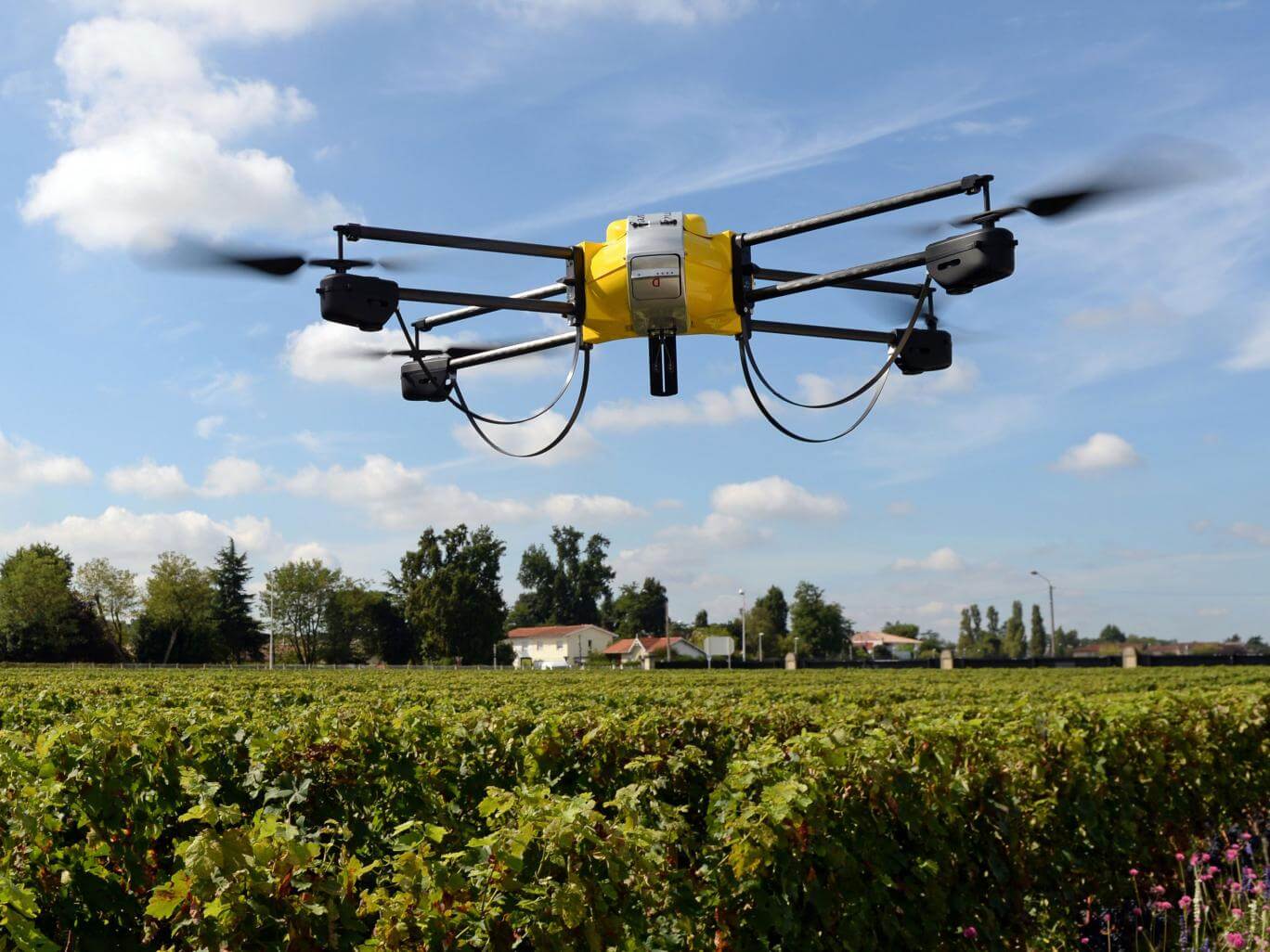
Drone with an infrared camera to determine the optimal maturity of the grapes to harvest them at different times (JEAN PIERRE MULLER/AFP/Getty Images)
Imagine a future where every farmer, consumer, and health specialist can be connected to the world’s data bank. “If you can get on-the-ground information, and if you process it and push it back to the person, there’s an enormous amount of optimization and efficiency that will come to the agriculture value chain. Farmers can plant what will sell. They can form cooperatives, which make selling more efficient,” Dr. Corbett, founder and chief executive of aWhere Inc., a Broomfield, Colorado, agriculture intelligence company, says. “If you do it across the value chain, the whole chain strengthens,” and yet another shared economy is born. Complete awareness and interconnectivity between the people who matter most. No middle man. No corporate illusions. Complete control. As a consumer, you would have access to where your food came from, its nutritional value, and the impact it has on your health.
Gradually, we would see a social shift to embrace nutritional power and self-improvement. In regards to the concerns pertaining to an evolving workforce, it is believed that as the millennials move into positions of authority, they will change the values of the corporation of the future. According to the Washington Post, “what millennials most want is flexibility in where, when and how they work. Millennials as well as men were most likely in the survey to say that they would take a pay cut, forgo a promotion or be willing to move to manage work-life demands better”. There is an evident push for wellness and self-focused body and health wisdom.
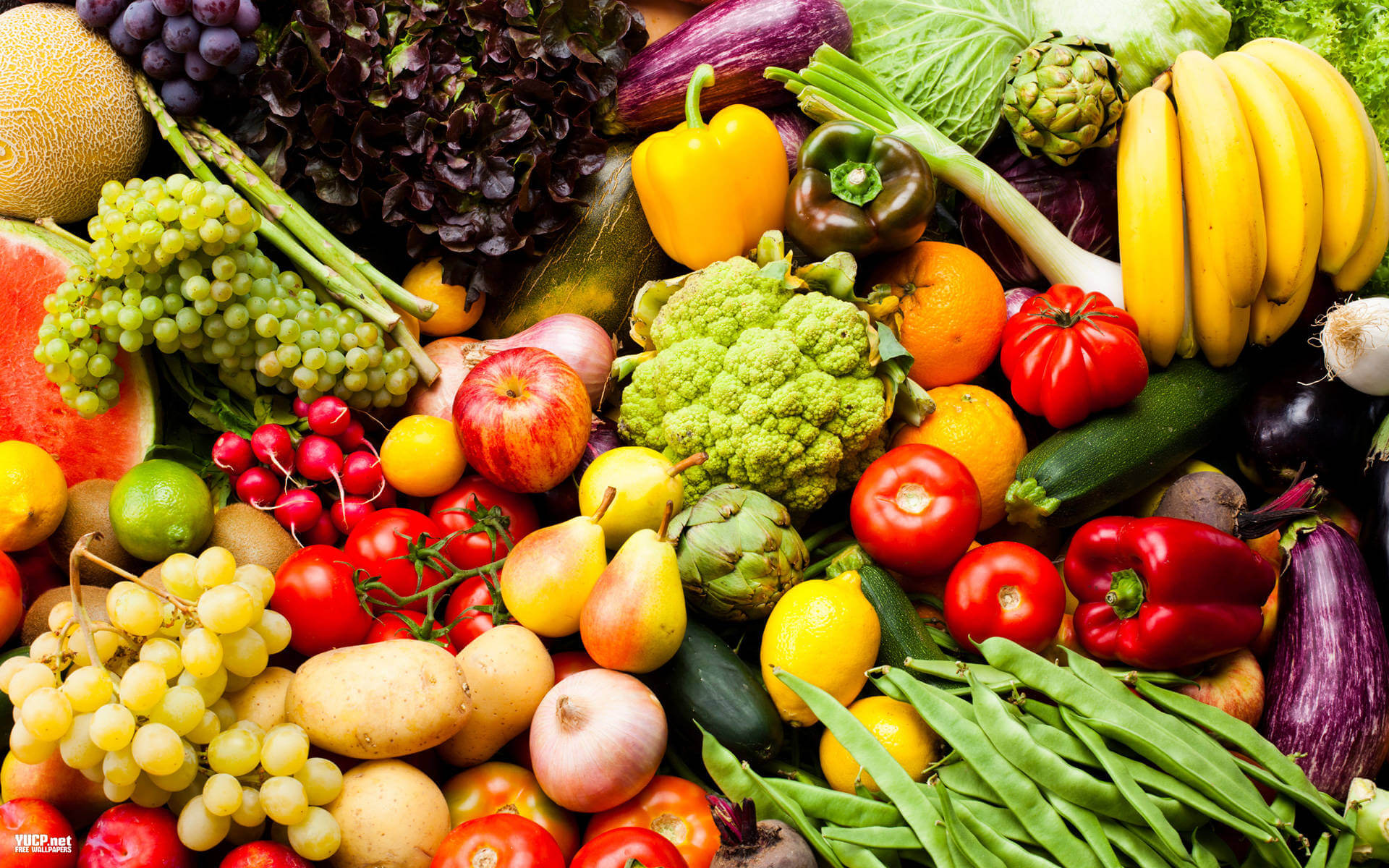
Image courtesy of World Food Day
Imagine a future where our eating is less focused on temporal pleasures, but instead focused on optimized nutrition and life longevity. From the 3D nanoscale printing of food DNA structures to create smart pesticide delivery to produce, to the use of nanotechnology as a means of smart food packaging or intracellular nutrient delivery, as well as a method to increase the absorption and activation of vitamins, minerals and herbs.
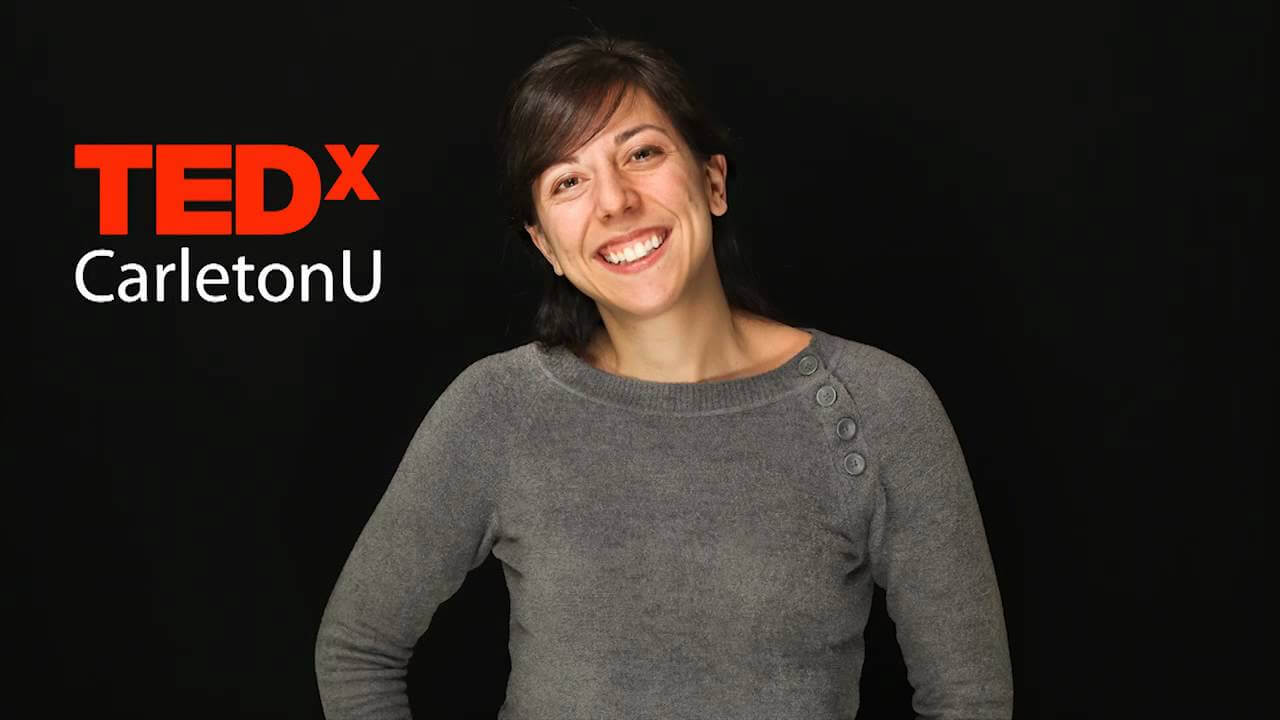 Maria DeRosa in TEDx CarletonU – Video: Nanotechnology Help Feed The World?
Maria DeRosa in TEDx CarletonU – Video: Nanotechnology Help Feed The World?
Max-N-Fuze is a Canadian company focused on providing a nanoparticle infused liquid capable of fulfilling ideal daily nutritional requirements. In a pouch, you have the equivalent of 6 cups of almonds to equal the amount of needed vitamin B-2, 150 cloves of garlic to equal the amount of vitamin B-1, and more otherwise improbable, if not impossible daily intakes through conventional eating habits all being fulfilled in a single liquid serving.
Imagine a future of healthy eating concierge made to fit your dietary needs and preferences, and allowing you complete nutritional awareness and access to food recalls, news, and benefits at your fingertips.
Imagine a world where augmented reality allowed for an entirely different and engaging grocery shopping experience.
Imagine a future of plant structure and nutritional composition open source genomes that allow for more effective farming and accessibility; imagine this in conjunction with spectroscopy in satellite imaging and hand held scanners that allow for real time and precise crop and product analysis; for professionals and consumers both.
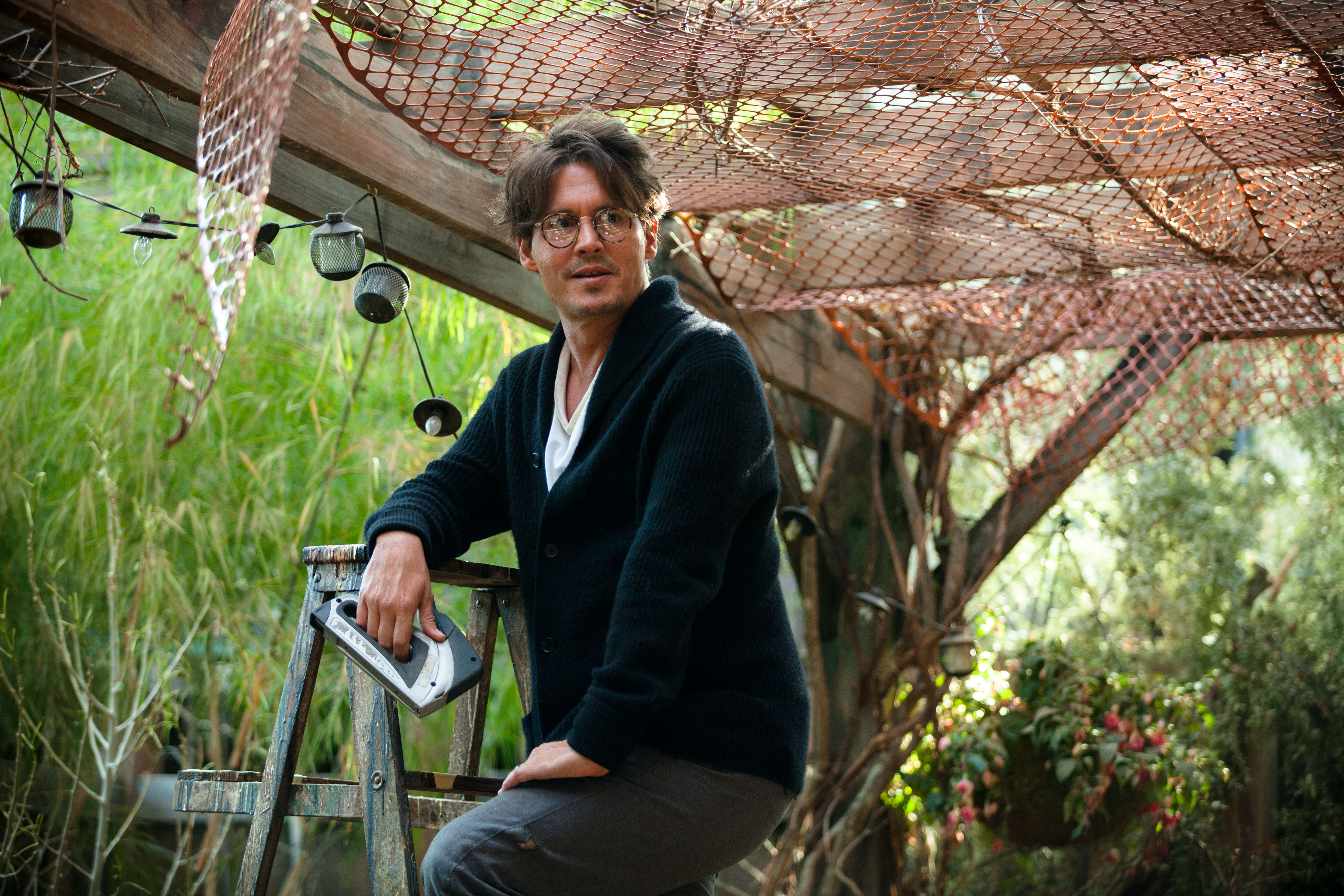
Transcendence (2004) with Johnny Deep.
In movies such as 2014’s Transcendence, a highly advanced and post-apocalyptic depiction of emerging technology gone wrong is seen, and a massive global rebuilding of sustainable agriculture as a way of restoring balance into a damaged system results. Likewise, when looking at the projected jobs of the future, we see greater emphasis on sustainability and autonomous tasks focused on the bettering of our health and nutrition. Just recently, the United Nations Food and Agriculture Organization (FAO) and the World Trade Organization (WTO) agreed to strengthen their cooperation to promote international food trade and safety in ways that improve nutrition and allow small-scale producers to have better access to international agricultural markets.
The growing notion of vertical farms naturally propels us to encourage healthier diets due to the types of food, mostly fruit and vegetables, that can be grown in confined spaces. From Singularity University, to IBM, Google, Apple, Microsoft, and other big players, we are seeing a huge movement into the world of wearable technology and becoming more heavily invested in personal health. Synthetic and more sustainable food products are also being created in labs.
To adapt to these changes, health care workers will become more accessible- opening the door for stage zero medicine, and thus increasingly focusing on prevention and wellness.
A greater public awakening towards the dangers of our current food industry has begun. All of the technology mentioned above just became a reality. Where it will lead? What will it mean? That is up to us. Will we continue to be manipulated or will we become empowered consumers seeking to collectively connect the points that are today missing between nutrition and healthcare? We decide. The future is in our hands.
To read this post in Portuguese, click HERE.
